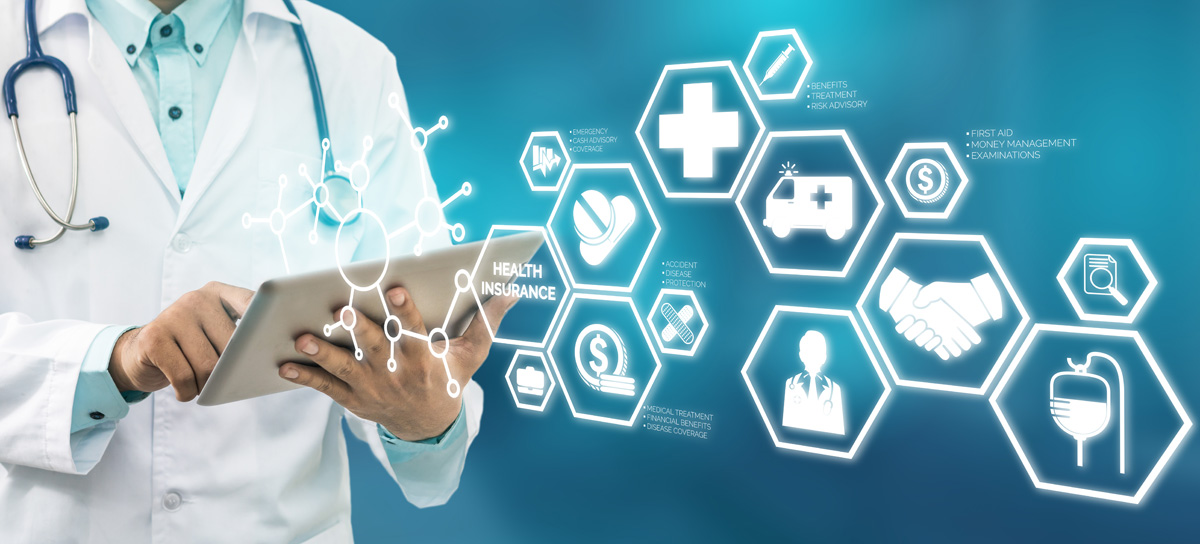With vaccinations increasing in the US, some areas are allowing people to not wear masks in public spaces. However, it is still mandatory to wear masks inside public establishments until the government decides that we have enough herd immunity.
However, wearing a mask is not enough to protect you against COVID-19. This is especially true for people who have to come in close contact with others all day, such as those that work customer-facing jobs. If your job makes it impossible for you to stay at least six feet away from other people, here are some tips to protect yourself aside from what we already know (frequent handwashing, avoiding crowds, etc.):
1. Double mask
Wearing one mask on top of another helps improve the fit and filtration of your mask. According to the Centers For Disease Control and Prevention, double-masking is highly effective against exposure to aerosols produced by coughing, breathing, or sneezing. It is, however, recommended to wear a cloth mask over a surgical mask, ideally one with a self-priming filter. Other mask combinations are not advisable.
Double-masking is a great way to have an extra layer of protection for yourself against COVID-19 when you work a customer-facing job. Even if there is Plexiglas or some other form of barrier between you and customers, you may still be exposed to the disease from aerosols that pass through the gaps or from co-workers.
Before double-masking at work, try it at home first to ensure that your masks fit your face well and don’t affect your vision or breathing. Moreover, be sure to toss your surgical mask right after use and wash your cloth mask every day.
2. Carry sanitizer everywhere
You should already have this habit at this point of the pandemic. But if not, the best time to start is now. Of course, washing your hands with soap and water for at least 20 seconds is the best way to get rid of viruses from your hands, but if you can’t take a break yet or don’t have easy access to a sink, use sanitizer that contains at least 60% alcohol.
Carry a bottle of sanitizer in your pockets everywhere you go, especially at your job. To make it easier to sanitize your hands, use a travel-sized bottle that you can clip to your belt loop so that you can use it on the go. Don’t forget to use it every time you touch money, menus, receipts, or anything else that another person has touched.
3. Watch for symptoms

If you feel sick, do not report to work, even if your symptoms are mild. It is understandable if you want to go to work to avoid getting cuts from your pay, but if you have COVID-19, you may very well spread it to your co-workers, customers, and any other person that you come into close contact with throughout the day. For your peace of mind, stay at home and self-isolate until you can get a COVID-19 test. If your employer is forcing you to go to work despite your symptoms, you can report them to the proper authorities.
Watch for other people’s symptoms as well. If a co-worker looks or sounds sick, stay away from them as much as possible and recommend that they go home. Of course, you can’t force anyone to go home if they don’t want to for the sake of their pay, so the best way to stay safe is by avoiding contact with them at all costs. Wear a double mask and wash your hands frequently.
4. Shower right after getting home
Always assume that you have the virus on your clothes when you get home. If possible, leave your outer clothes outside in a bucket full of water and laundry detergent. Leave your work shoes outside as well. Avoid touching anything until you get to the bathroom. There, shed the rest of your clothes and place them in a bucket of soap and water as well, then clean yourself thoroughly in the shower.
Wash your clothes in the washing machine as soon as possible, too, and make sure to wash your hands after handling your dirty clothes. Doing this routine every time you get home from work (or every time you go out) is imperative, especially if you live with other people.
Working a customer-facing job is not easy, especially not in a pandemic. There is always a risk of someone with COVID-19 coming in and spreading the disease in your workplace. To increase your safety against the disease, take extra precautions, starting with the ones mentioned above.